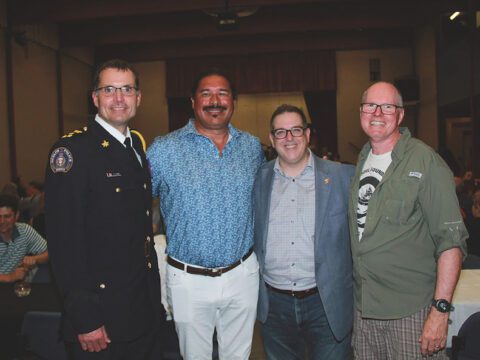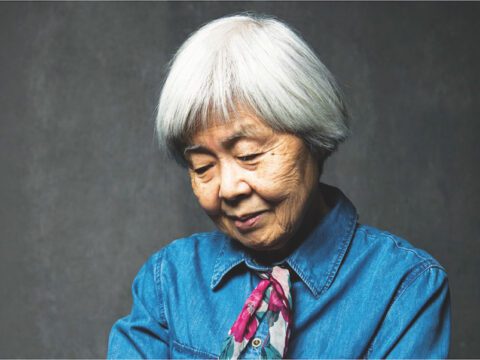I was filled with hope as I arrived in Canada in 2022. Toronto, I had read, was a place where every skin colour, creed, social background, nationality and political affiliation was represented. Born and raised in Kenya, I have lived and worked as a journalist outside of my home country for over a decade. Most recently, I toured parts of Europe, where I experienced some racism. But nothing compares to what has happened to me in Canada.
When I entered a neighbourhood pharmacy, a hawk-eyed security guard began following me around, as if expecting me to steal something. At a high-end clothing store, a sales associate told me outright that I was in the wrong store. And at a museum shop, an attendant walked past me twice to help out a white customer, even though I had gotten there first.
You may unsubscribe from any of our newsletters at any time.
Perhaps the worst microaggression I’ve so far faced was in an institution of higher learning — the last place one would expect to encounter discrimination. In a room full of predominantly white students, the lecturer, who was also white, openly mused that “times had changed” because, in the past, Black students were considered “subhuman” and would not have been allowed in such a class.
More on Broadview:
- How over-policing Black children can damage their mental health — and future
- Hockey has a racism problem. These Canadians are trying to fix it.
- Microaggressions are constant reminders that I don’t belong
In each instance, I confronted the offender. Some backtracked right away. At the museum, I was dismayed to learn that I was not the first to complain. It has quickly dawned on me that because of my skin, I will have to renegotiate everything — and not on my own terms. Unfortunately, my experience mirrors that of many people of colour in Canada.
Mental health resources typically define microaggressions as indirect, subtle or unintentional acts of discrimination against members of a marginalized group, including racial and ethnic minorities. At best, perpetrators of microaggressions are unaware of their behaviour; at worst, they know they are hurting people and continue to do so because, well, there’s no law against making these kinds of remarks.
To me, however, these definitions don’t go far enough — microaggressions are a form of dehumanization that can make people feel expendable. In 2014, an American study of 405 young adults of colour found that experiencing such acts can lead to suicidal ideation. And myriad scholars have now concluded that microaggressions reinforce systemic racism.
Curbing microaggressions is no small task, of course. “It is a long-term commitment that requires relentless vigilance, education and advocacy,” says Akwasi Owusu-Bempah, a criminology professor at the University of Toronto who researches the Canadian justice system.
Just last year, a Toronto firm, in partnership with several diversity advocacy groups, launched a digital tool called the Micropedia of Microaggressions. It’s filled with examples of various microaggressions, from the age-old “Where are you really from?” to comments based on age, class, disability and sexuality.
These tools can be a great help. The Canadian government, meanwhile, continues to invest in public education and awareness campaigns as part of its Anti-Racism Strategy. But real change starts with us. If you face or witness a microaggression, call it out immediately.
***
Wanja Gathu is a Gordon N. Fisher/ JHR Fellow at Massey College in Toronto.
This article first appeared in Broadview’s January/February 2024 issue with the title “More than a comment.”













